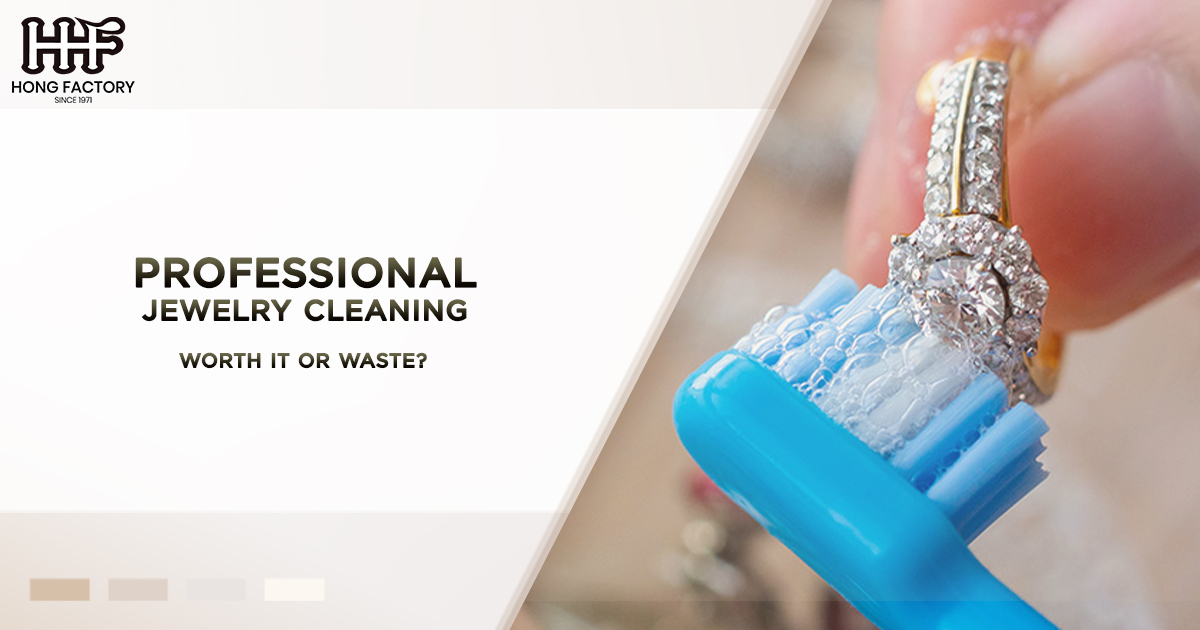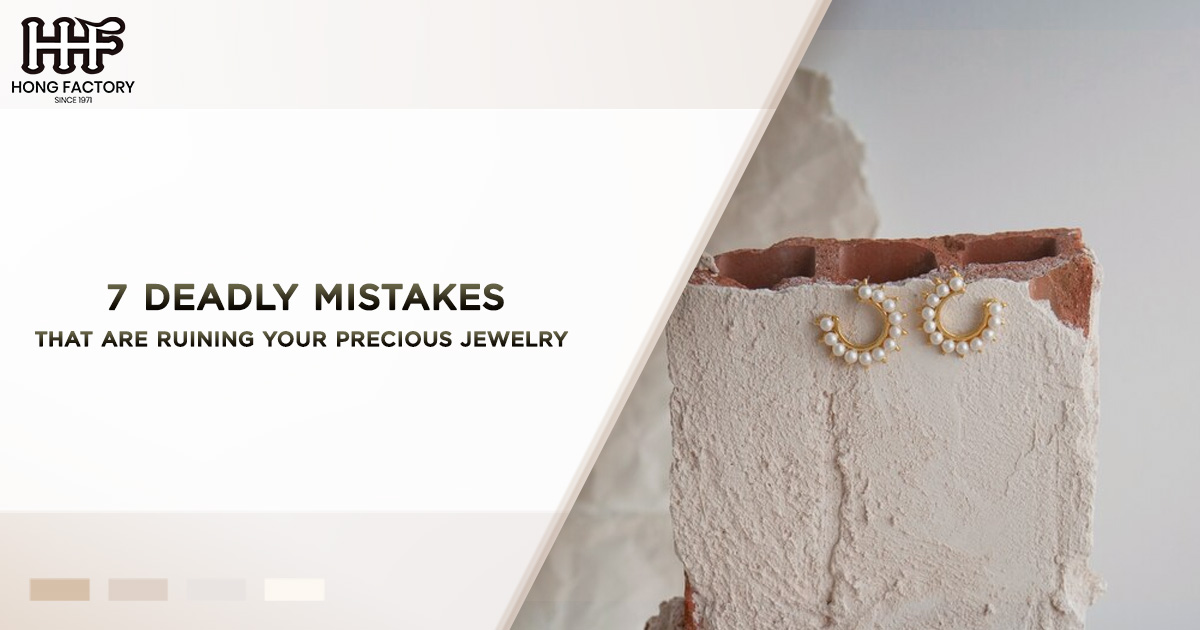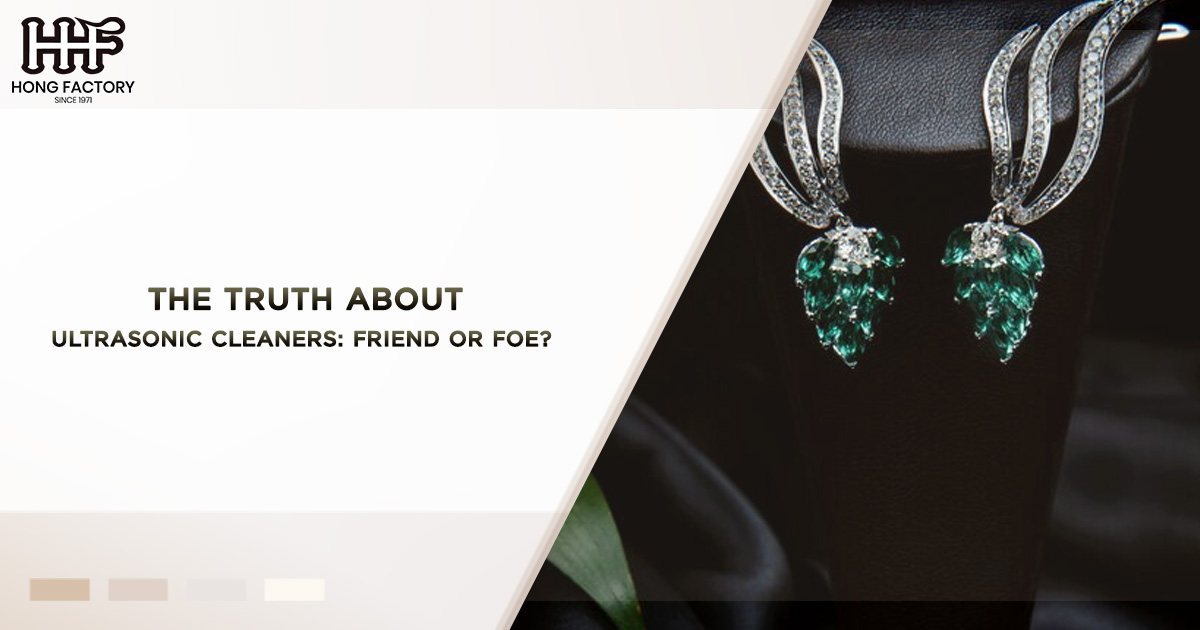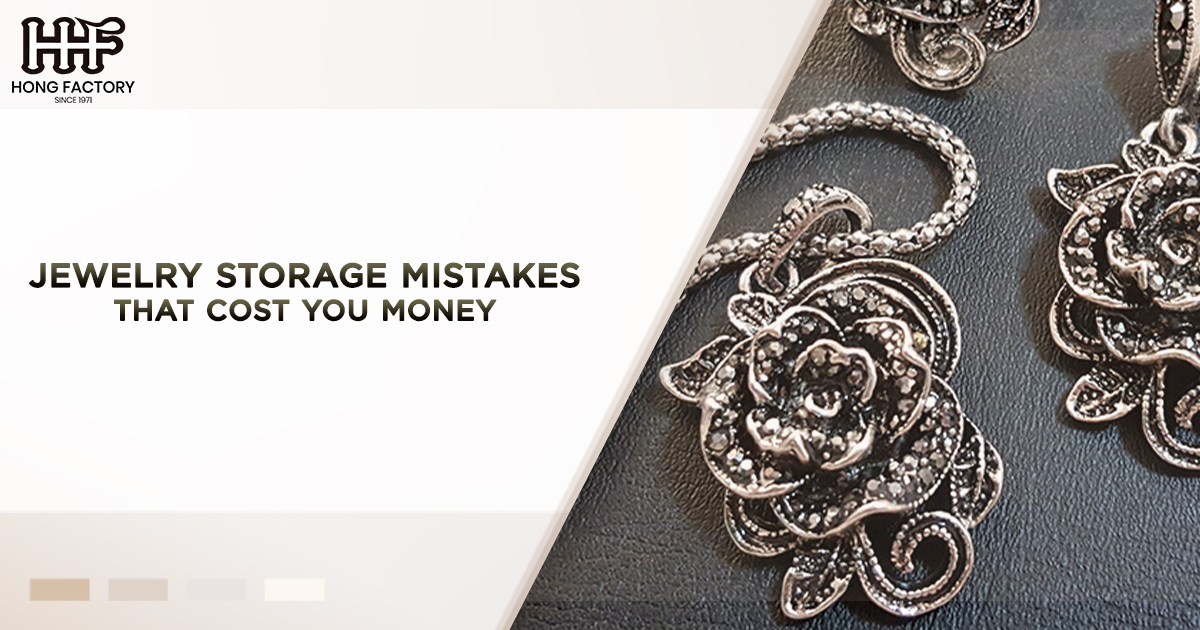Jewelry is more than just an accessory; it can represent memories, milestones, and sometimes even one’s personal style or family heritage. Therefore, maintaining its condition becomes imperative. One common dilemma for jewelry owners is whether to invest in professional cleaning or to opt for at-home solutions. This article explores the intricacies of professional jewelry cleaning, examining service types, cost analysis, benefits, and viable DIY alternatives. By delving into these aspects, you’ll be better equipped to decide on the best approach to maintaining your treasured pieces.
Service Types
Professional jewelry cleaning services offer a range of techniques tailored to different types of jewelry
Ultrasonic Cleaning
Ultrasonic cleaning is a frequent choice for thoroughly cleaning jewelry. This method involves immersing jewelry in a solution that is agitated with high-frequency sound waves, creating tiny bubbles that dislodge dirt and grime. While incredibly effective for hard stones such as diamonds and sapphires, it can be risky for more delicate gems like emeralds or pearls, which might fracture or become damaged. Ultrasonic cleaning is best left to professionals who understand which pieces can safely undergo this process.
Steam Cleaning
Steam cleaning uses high-pressure steam jets to clean jewelry, breaking down dirt and oil on the surface without harmful chemicals. This method is particularly effective on pieces with engravings or intricate designs, where dirt can accumulate. It is also suitable for hard gemstones and metals. However, much like ultrasonic cleaning, steam cleaning requires expertise to avoid damaging sensitive settings or stones.
Polishing and Refinishing
Over time, jewelry can lose its shine due to daily wear. Polishing restores its brilliance by buffing out scratches and tarnish on the surface. Refinishing may also involve re-plating metal, such as rhodium plating for white gold jewelry, to refresh its look. This process is essential for pieces that are worn frequently, ensuring they remain as radiant as the day they were purchased.
Inspection and Repair
A valuable aspect of professional cleaning is the simultaneous inspection of the jewelry. Professionals can detect issues such as loose stones, worn-out prongs, or bends in metal settings, which, if left unattended, could lead to loss or damage. This preemptive care not only saves money on potentially extensive repairs in the future but also preserves the integrity and appearance of the jewelry.
Cost Analysis
The cost of professional cleaning varies widely based on several factors, including the type of jewelry, the complexity of the cleaning required, and geographical location
- Basic Cleaning Services : Typically, basic cleaning services using ultrasonic or steam methods range from $25 to $75 per piece. The cost might increase depending on the intricacy and the material of the jewelry.
- Polishing and Refinishing : For services that include polishing, re-plating, or minor repairs, prices can range from $50 to $150. Re-plating, necessary for white gold pieces or rhodium-plated items, may specifically affect the cost, particularly if the jewelry is significantly worn.
- Full-Service Packages : Comprehensive cleaning packages that include multiple techniques, inspections, and repairs may cost between $100 and $300. These packages offer a thorough approach to maintaining your jewelry’s condition and can be a cost-effective option for those with extensive or high-value preservation collections.
Investing in professional cleaning not only ensures aesthetic appeal but also preserves the piece’s value, particularly important for high-end or heirloom jewelry.
Benefits of Professional Cleaning

Professional jewelry cleaning offers numerous benefits that often outweigh the associated costs
Longevity and Value Preservation
Regular professional cleaning prevents the accumulation of dirt and oils that can over time affect the metal and gemstones adversely. By maintaining cleanliness, you ensure that the jewelry remains in good condition, thereby preserving its market and sentimental value. Clean jewelry is less prone to corrosion, tarnishing, and other forms of degradation that diminish its quality and appeal.
Expert Handling
Jewelers are trained to handle various types of jewelry, understanding the idiosyncrasies of different materials. They use specialized tools and techniques that can clean and repair without causing damage. This expertise is particularly important for antique pieces or those with complex designs, where improper handling could lead to irreparable damage.
Comprehensive Care
Beyond cleaning, jewelry care often provide a thorough inspection as part of their service. This includes checking for loose stones, worn mounts, or weakened clasps, which could result in the loss of valuable components. Identifying these issues early prevents costly repairs and helps maintain the integrity of the piece.
DIY Alternatives
For those who prefer to maintain their jewelry at home, several effective DIY cleaning methods can complement professional treatments
Home Cleaning Kits
Available at many jewelry stores and online, these kits typically include cleaning solutions and tools like brushes and cloths. They are designed for safe home use on various types of jewelry. While convenient, it is important to carefully follow instructions and ensure that the products are suitable for the specific materials of your pieces.
Mild Soap and Water
A simple and effective cleaning solution can be made using mild dish soap and warm water. This method is gentle yet effective for cleaning gold, platinum, and hard gemstones. Soak the jewelry briefly, scrub gently with a soft toothbrush, rinse thoroughly, and dry with a lint-free cloth. Avoid prolonged soaking, which could weaken certain settings or finishes.
Non-Abrasive Polishing Cloths
A non-abrasive polishing cloth is a useful tool for maintaining the shine of metals such as gold and silver. These cloths can remove surface dirt and fingerprints without scratching the metal. Regular use can help preserve the piece’s appearance between professional cleanings.
Special Considerations for Soft Stones
Jewelry featuring softer stones like pearls, opals, or turquoise should be treated with extra care. These stones are sensitive to chemicals, heat, and moisture. Simply wiping them with a damp, soft cloth can maintain cleanliness without risking damage. Avoid ultrasonic or steam cleaning, and be cautious of exposure to sunlight or extreme temperatures.
Conclusion
Ultimately, the decision between professional cleaning and DIY methods hinges on several factors, including the value preservation of your jewelry, your budget, and your confidence in maintaining your pieces. While professional cleaning offers unparalleled benefits in terms of expertise, safety, and thoroughness, DIY methods can effectively extend the life and appearance of your jewelry between professional services.
Opting for a combination of both approaches can provide the best care for your collection. Regular DIY maintenance ensures your jewelry remains in good condition, while periodic professional cleaning tackles deeper, more comprehensive issues. This balanced strategy helps ensure that your cherished pieces continue to shine, preserving their beauty and value for generations to come.



